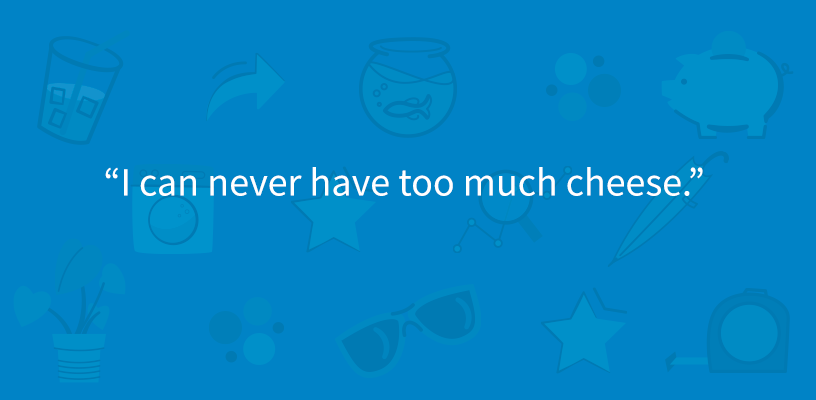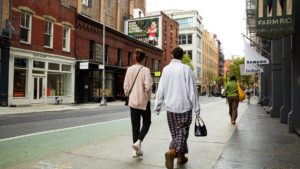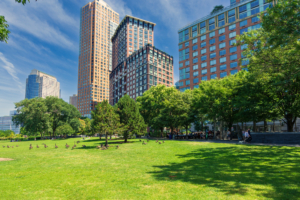How to Afford NYC
Welcome to How I Afford NYC, a series that looks at how a broad range of New Yorkers manage to get by in this crazy-expensive city. Today, we’re talking a 26-year-old health care worker who has a soft spot for expensive cheese, but is preparing to go to grad school.
The Basics
- Name, age, occupation: I’m Mia and I’m 26. I work as a program coordinator at a community health center in the Bronx.
- Annual salary: ~$50,000 with a biweekly paycheck that amounts to $1,300-$1,400.
- Living situation: I live in a 3-bedroom in Harlem with two roommates. We pay $3,000, split it evenly, and share the entire floor of a brownstone on a beautiful residential block.
- Financial goal: I am planning to attend graduate school this fall. Tuition is about $60,000 annually. I plan to pay $15,000 out of pocket and pay the rest in student loans, which I’ve already been pre-approved for. I also will be able to work part-time for most of the two-year program, and I am hoping to receive additional funding through a scholarship, but it is still a daunting cost to prepare for. I want to focus on being more aware of my spending as I gear up for this financial shift.
My Fixed Monthly Costs
- Rent: $1,000
- Utilities: ~$100
- Health Insurance: $70
- Gym membership: $52
- 403B Retirement Fund: $260
- Transportation: 30-day unlimited Metrocard: $121 (through Wageworks)
- Apple Storage: $1.99
- Groceries: $150-$200.
My Biggest Indulgence: Cheese
My biggest indulgences are definitely food-related. While I make and bring my own meals almost every day during the week, on weekends I spend upwards of $100 on assorted dinners and brunches out (or specialty grocery items like cheese — I can never have too much cheese.)
Despite my unlimited MetroCard, I still cave and take rideshares more often than I should. My partner lives in the Bronx, about an hour away on the train. In a car, however, it only takes about 15 minutes. A car there usually costs about $10, and I take that a few times a week.
My Unavoidable Cash-Suck: Utilities
My building has fewer than 10 occupants, and while this makes for a lovely and quiet living situation, it also means that the landlord is not required to pay for heat and hot water, as is the case with larger buildings. Our heating system is not the most updated, and over the past few months this winter, our utility bill has been abnormally high.
Ways I Save: Bringing Breakfast and Lunch; Saying No to ATMs
I almost always bring breakfast and lunch to work, and I try to limit my cash withdrawals, which also helps to curb my spending. I have a “keep the change” feature in my bank account that deposits the remaining cents of a transaction from my checking account into my savings account. My plans for this upcoming year are to more regularly deposit into my savings account, maximize the credit card I use (my friends swear by their travel rewards cards but I haven’t yet hopped on that bandwagon) and consign more clothing before I buy anything new.
How Am I Doing? Right on Track
I feel like I’m on the right track. My budgeting apps (I use Mint and Bank of America’s spending and budget tool) tell me my expenses typically fall within the range of what I hope they will be. However, with much larger expenditures coming up in my future, I will really see how solid my finances are, and how quickly I am able to begin saving again once shelling out a large chunk of what I have earned so far. Plus, with summer coming, I will hopefully see a dip in my utility bill, which will at lease ease some financial strain in the short term. Yes, I am one of the few New Yorkers who stubbornly uses a fan throughout the summer months to cut down on utility costs.
—
Hey, why not like StreetEasy on Facebook and follow @streeteasy on Instagram?










